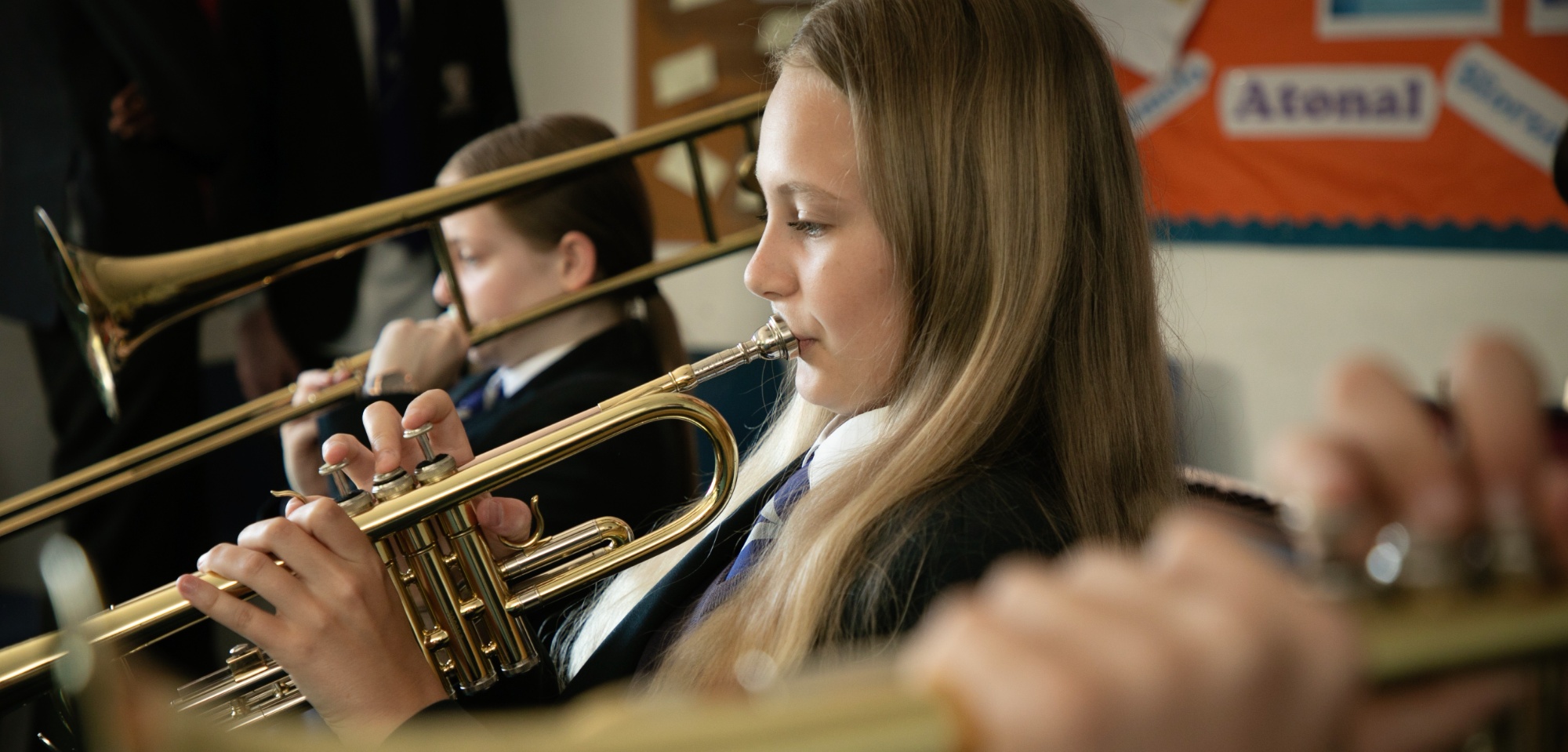There are steps that you can take to stay safe against strangers when out and about. Below, there is some useful information provided by Stockport Council and including a guide from the NSPCC.
Protecting younger children
Statistics show that crime against young children by strangers is rare. Even so, there are steps you can take to help to protect your child:
- Tell your child to avoid talking to people they don't know, unless you are with them to say it is okay.
- Make sure your child knows never to walk away with people they don’t know/know well
- Plan safe routes with your child- busy and well-lit spaces are best
- Make sure your child understands that they should always tell you if someone they don’t know approaches them, and never to keep this secret
- If your child is travelling alone, tell them to sit near other families on the train or bus and near the driver if possible
- If your child gets lost, they should ask for help from a police officer, another grown-up with children or someone working at a nearby shop
- Have your children learn their address and an appropriate telephone number by heart
Keeping teenagers safe
Here are some things that teenagers can do to keep safe when out and about:
- Stay alert, and keep personal media devices turned off, so they can hear what's going on around them- earphones can be distracting and limit awareness of surroundings
- Stick to busy, well-lit roads, and avoid shortcuts
- If your child thinks someone is following them, they should cross the road or go to a place with lots of people around, like a bus stop or shop
- When travelling by bus, your child should try to use bus stops on busy roads, sit near others and near the driver when possible
- If someone tries to take something from your child, tell them never to fight
- Tell them to keep mobile phones and other valuables out of sight
- If your child has to use a lift – tell them to try to use them with friends, and not to feel worried about getting out if they are uncomfortable about someone else being in there
- Encourage your child to speak up if they are being bullied or feel as though they might be in danger
Check list for young people
- Think - before you go out
- Where are you going?
- How are you getting there?
- Who are you going with?
- Who needs to know?
- Take only the money you need and keep it in a safe place
- How are you getting home?
- Is your mobile charged and have you got credit?
- Keep your mobile handy but out of sight
- Keep valuables such as devices, jewellery and items of expensive clothing out of sight
- Who will you contact in an emergency?
The NSPCC have produced this guide to help parents decide if their child is ready to travel alone/ stay home alone - https://learning.nspcc.org.uk/research-resources/leaflets/home-or-out-alone-guide
We encourage you to report incidents of concern to the police via 101 or to use the Greater Manchester Police chat facility. In emergencies always use 999.

